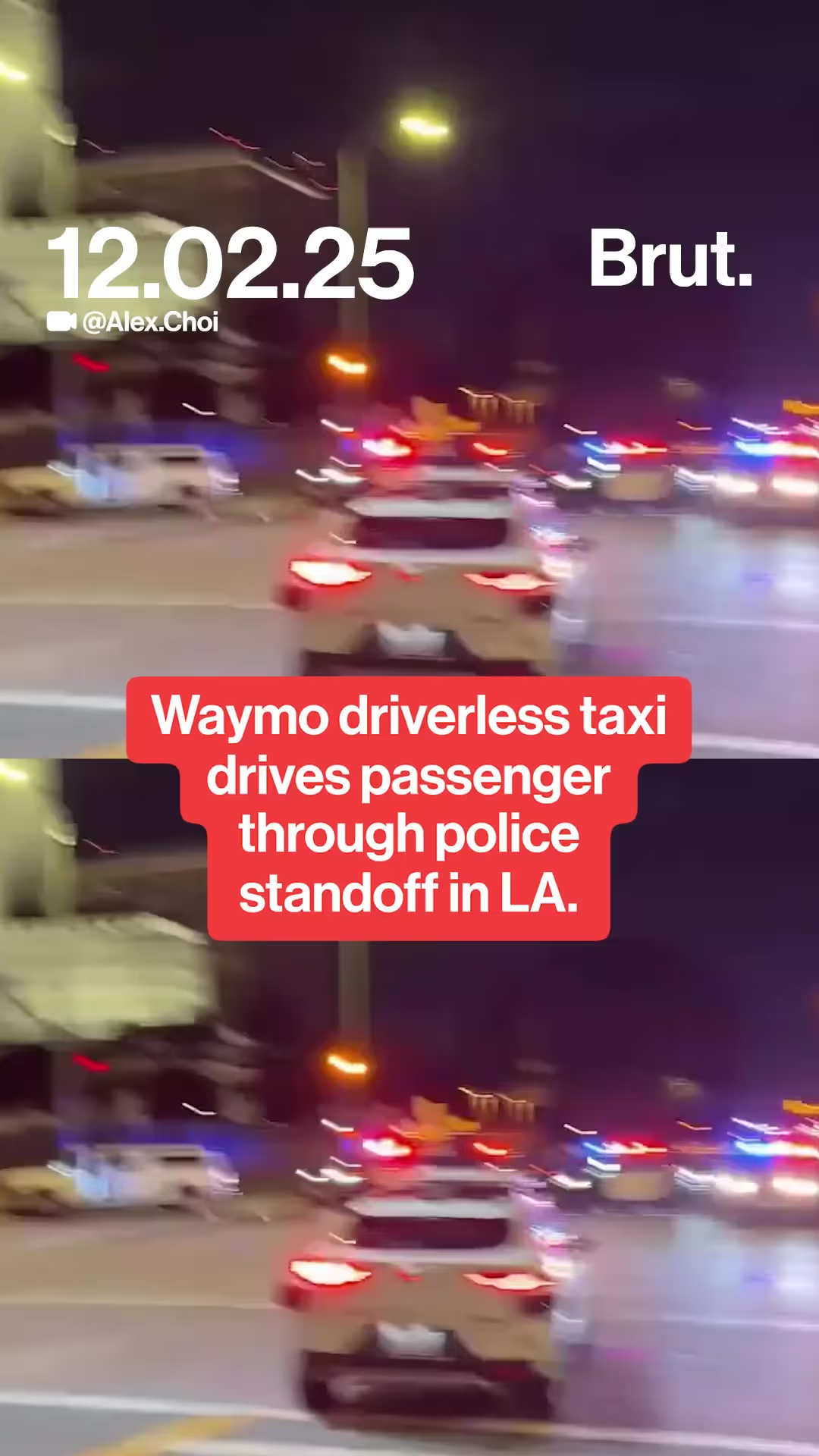The smart cities of the future
Smart City is not a destination, it's a journey
Cities around the world have massive bureaucracies managing things like parking, emergency, and traffic services. In the future, "smart cities" will use high-speed internet to connect many public services so they'll be accessible almost anywhere via Wi-Fi. Reserving a parking spot, tracking traffic in real time, and engaging with other services will be accessible through phones.
Solar Cities
Barcelona has already saved $75 million and created 47,000 tech jobs by transitioning into a "smart city." by centralizing its resources according to IJHG. Cities spend up to 40% of their allocated budget on street lighting alone as reported by IEEE ICC. Switching to solar and LED lighting could drop upkeep costs while lowering their carbon footprint. France and the Netherlands are experimenting with solar powered roadways, and a growing number of small towns are already solar-powered.
Waste Disposal
In 2016, global cities produced 2.01 billion tons of solid waste — and will produce 3.4 billion tons annually by 2050 according to the World Bank. That's why some nations are working on "smart trash" that uses pneumatic trash disposal — or compressed air tubes — instead of traditional cans. Using pneumatic or electric propulsion, tube networks could be used for high speed waste removal mail transfer and public transport.
Arcologies
By 2050, ⅔ of the world’s population will live in cities. To house millions more people, cities may turn to creating arcologies — densely populated habitats with a low ecological footprint according to the United Nations. Arcologies are based on centralizing food production commerce centers and energy production for residents as seen on Vice News. Arcosanti, in Arizona, is the first attempted contained community. In the future, proposed arcologies could house up to 1 million people.
Brut.
The smart cities of the future
Smart City is not a destination, it's a journey
Cities around the world have massive bureaucracies managing things like parking, emergency, and traffic services. In the future, "smart cities" will use high-speed internet to connect many public services so they'll be accessible almost anywhere via Wi-Fi. Reserving a parking spot, tracking traffic in real time, and engaging with other services will be accessible through phones.
Solar Cities
Barcelona has already saved $75 million and created 47,000 tech jobs by transitioning into a "smart city." by centralizing its resources according to IJHG. Cities spend up to 40% of their allocated budget on street lighting alone as reported by IEEE ICC. Switching to solar and LED lighting could drop upkeep costs while lowering their carbon footprint. France and the Netherlands are experimenting with solar powered roadways, and a growing number of small towns are already solar-powered.
Waste Disposal
In 2016, global cities produced 2.01 billion tons of solid waste — and will produce 3.4 billion tons annually by 2050 according to the World Bank. That's why some nations are working on "smart trash" that uses pneumatic trash disposal — or compressed air tubes — instead of traditional cans. Using pneumatic or electric propulsion, tube networks could be used for high speed waste removal mail transfer and public transport.
Arcologies
By 2050, ⅔ of the world’s population will live in cities. To house millions more people, cities may turn to creating arcologies — densely populated habitats with a low ecological footprint according to the United Nations. Arcologies are based on centralizing food production commerce centers and energy production for residents as seen on Vice News. Arcosanti, in Arizona, is the first attempted contained community. In the future, proposed arcologies could house up to 1 million people.
Brut.













